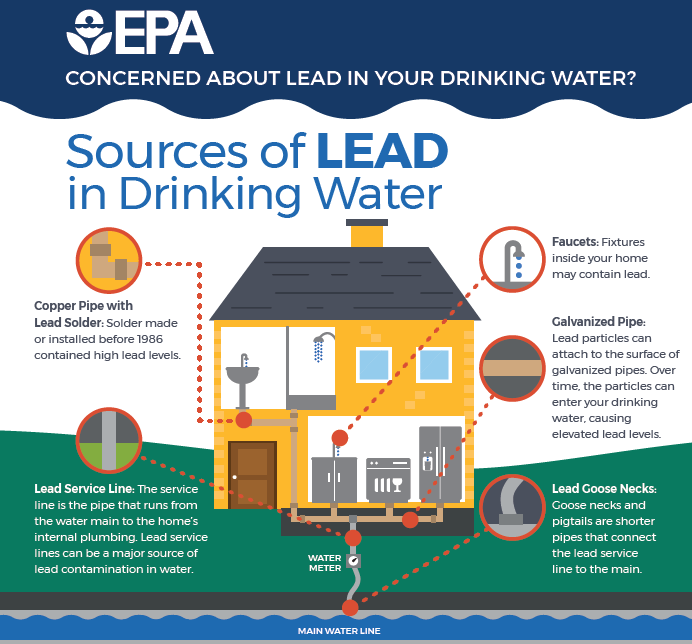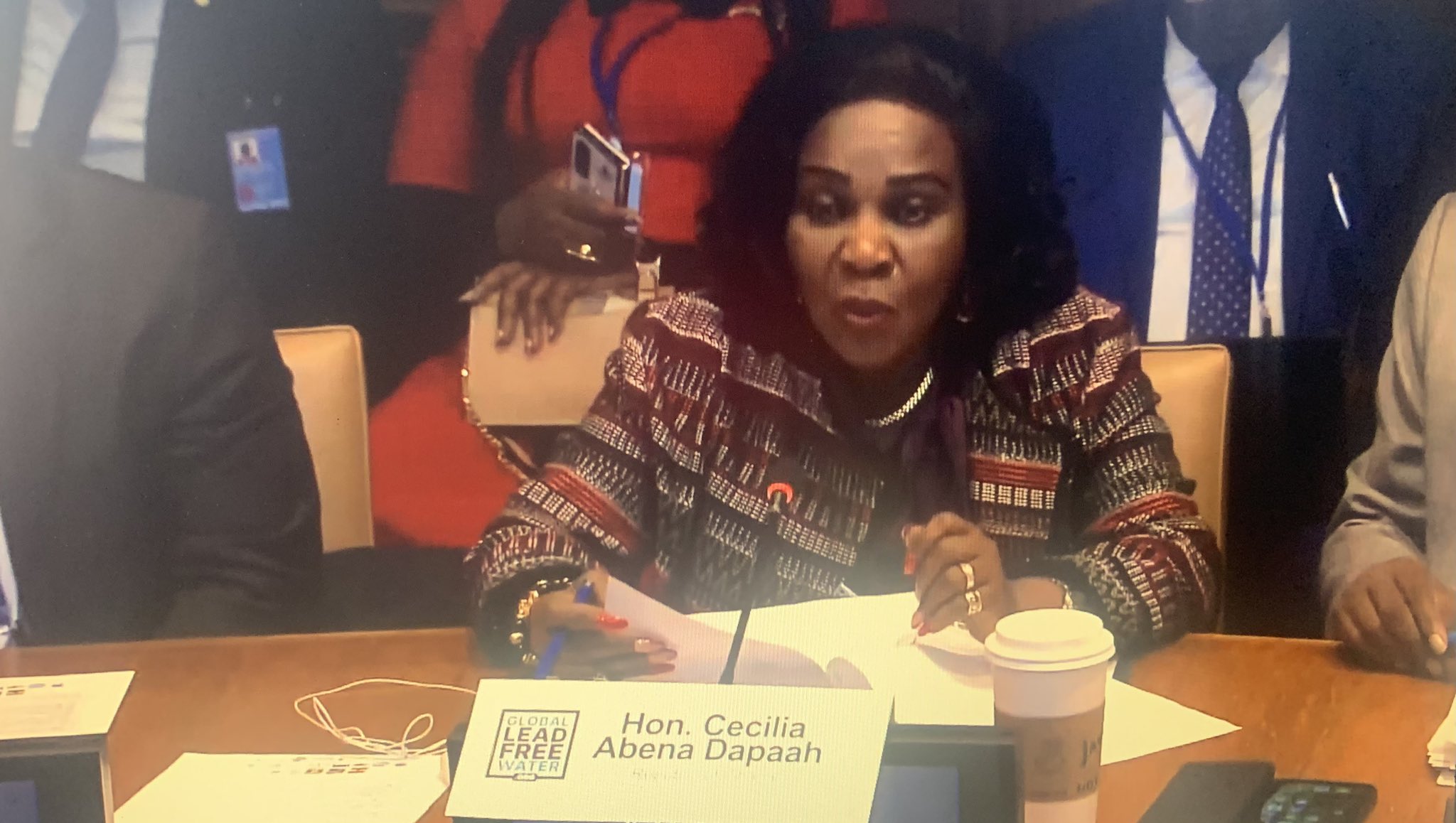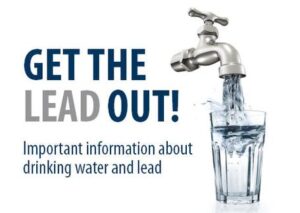
By Racheal Ogundipe
The subject of water contamination by lead and how to tackle this, was the focus of discussion at the UN conference yesterday.
Wikipedia describes Lead as a chemical element with the symbol Pb and atomic number 82. It is a heavy metal that is denser than most common materials.
Lead in drinking water has been detected in over 100 countries, affects a significant proportion of the world’s population and is especially concerning for pregnant women and young children. Globally, 800 million, or roughly 1 in 3, children have elevated levels of lead in their blood
According to Centre for Diseases Control and Prevention in the United States-
‘The most common sources of lead in drinking water are lead pipes, faucets, and plumbing fixtures. Certain pipes that carry drinking water from the water source to the home may contain lead. Household plumbing fixtures, welding solder, and pipe fittings made prior to 1986 may also contain lead’.
Against this background, a new global initiative; “A Global Commitment to Stop the Flow of Lead in Drinking Water” was launched at the UN 2023 Water Conference yesterday. The initiative aims to reduce morbidity and mortality associated with lead exposure from drinking water towards the year 2040. 
The event coordinated by Global Lead-Free Water, had in attendance Dr Aaron Salzberg, Director of the Water Institute, The University of North Carolina; Bruce Gordon, Head of the Water Sanitation and Hygiene unit, World Health Organisation; Peter Laugharn, Chief Executive Officer, Conrad N. Hilton Foundation; Hon Sam Cheptoris, Minister of Water and Environment, Uganda; Hon Cecilia Abena Dapaah, Minister for Sanitation and Water Resources, Ghana and many others.

Hon. Cecelia Abena Dapaah from Ministry of Sanitation and Water Resources, Ghana highlighted a case study where brass component in the water facilities led to water contamination. To address this these brass based components are being replaced with Copper.
She also mentioned that Ghana is developing a quality management framework to ensure safe drinking water in rural areas. Strategies to be implemented in this regard include issuance of strict permits for borehole drilling and quarterly water sampling to detect levels of chemicals used.
The UN event was rounded up with a presentation of “A Global Pledge to Protect Drinking Water from Lead” which seeks to generate support for regional and international measures to gradually lower lead exposure from drinking water and safeguard public health.
Download - Global Lead Free Water Pledge 2023
Leave a Reply